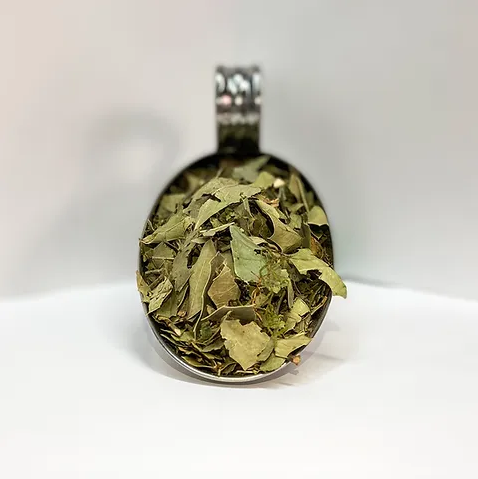
Congrosa Herb : What it's good for and How to make tea
Hawthorn, Espinheira Santa, Congrosa, is a medicinal plant of the Maytenus ilicifolia species, rich in flavonoids, tannins and triterpenes, which have antioxidant, healing and gastric-protective properties, and is therefore popularly used as a home remedy to help treat gastric ulcers, heartburn, gastritis, acne or eczema.
The most commonly used part of hawthorn are the leaves from which the active substances are extracted and which can be used in the form of tea, compresses, fluid extract or capsules, found in herbalists or health food stores.
Although it has health benefits, the use of this medicinal plant is not a substitute for medical treatment and should always be done under the supervision of a doctor or other health professional who has experience in the use of medicinal plants.
What it is used for
Due to its medicinal properties, hawthorn is usually indicated for:
1. improving stomach problems
Congrosa is rich in tannins, such as epigallocatechin, and polysaccharides, such as arabinogalactan, with a strong antioxidant, anti-inflammatory and gastric-protective action, which help to improve stomach problems such as gastric ulcers, heartburn, gastritis, poor digestion or stomach pain.
This is because the active substances in espinheira santa help to reduce stomach acidity and protect the stomach from the acid it produces, relieving gastric symptoms such as pain or a burning sensation in the stomach.
What's more, some studies [1] carried out on rats in the laboratory also show that hawthorn has a similar effect to cimetidine, a drug used to reduce acid production in the stomach.
2. Fighting H. pylori
Some studies [2,3] show that hawthorn also has an antibacterial action and is very useful for fighting infection by the H. Pylori bacteria, which can cause lesions and ulcers in the stomach.
3. Help with cancer treatment
Studies [4] using lung, breast and liver cancer cells have shown that espinheira santa can decrease the proliferation of cancer cells, due to the presence of the triterpenoid pristimerin . However, more human studies are still needed to prove this benefit.
4. Improve intestinal function
Hawthorn can help improve intestinal function as it has a mild laxative action. Therefore, drinking tea from this plant can help treat mild to moderate constipation.
5. It has a diuretic action
Espinheira santa has a mild diuretic action, which means that it eliminates excess fluids from the body. It can be useful to help treat fluid retention, but also in the treatment of urinary infections, as it keeps the urinary tract clean.
6. Helps skin heal
Espinheira santa has an analgesic and healing action, which, when used on the skin, can help treat skin problems such as eczema or acne.
7. Fighting bacterial infections
Some [6,7]in vitro studies carried out in the laboratory show that holy hawthorn has substances with antimicrobial action such as maitenin and friedelin, which help fight bacteria such as:
- Staphylococcus aureus, which cause lung, skin and bone infections;
- Streptococcus sp., which cause urinary tract, skin or gum infections;
- Escherichia coli, which causes urinary tract infections;
Hawthorn also acts against the fungus Aspergillus nigrans, which can cause aspergillosis.
8. How to use
Hawthorn can be used in the form of tea or capsules, prepared with the dried or fresh leaves of the plant.
1 .Hawthorn tea
Hawthorn tea should be prepared with the dried leaves of this plant and used for a maximum of 6 months, according to medical advice.
Ingredients
1 teaspoon of dried hawthorn leaves;
1 cup boiling water.
How to prepare
Place the espinheira santa leaves in a cup of boiling water and leave to stand for 5 to 10 minutes. Strain and drink warm, up to 3 times a day, on an empty stomach, or about 30 minutes before meals.
Possible side effects
The most common side-effects that can arise when using holy hawthorn are a feeling of dry mouth, nausea or a change in taste, especially when used in larger quantities than recommended or for longer than 6 months.
In addition, espinheira santa can cause allergic reactions, which is why it should only be used under the supervision of a doctor or health professional with experience in medicinal plants.
Who should not use it
Holy hawthorn should not be used during pregnancy, as it can cause uterine contractions and miscarriage, nor should it be used by breastfeeding women, as it can cause a reduction in the amount of breast milk.
The plant should also be avoided by children under the age of 12 or people with a known allergy to hawthorn.
